South Korea in the Fast Lane: Economic Development and Capital Formation
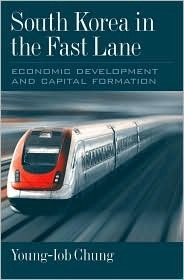
Summary
After having been a Japanese colony for more than 35 years until 1945, the miraculous economic development in the southern half of the Korean peninsula has multiplied the nation's output nearly 38 times and expanded per capita income by 16 times from $778 to $12,422 (in year 2000 prices) and transformed from basically an agrarian economy to that of a major industrial power, which is now considered one of a dozen or so of most industrialized countries in the world, during the 43-year period between 1953 and 1996. This book is a study of development of the South Korean economy from the time of the cessation of the Korean War to date, based on available data with minimal historical description, focusing on investment, the sources and means of capital formation, which is one of the most critical factors that contributed to economic development, and the government role of in them for economic growth and structural changes. The approach in this study is more analytical (without being
mathematical, statistical, or technical, but with supporting quantitative data) than historical.
There are a number of studies on some aspects of capital formation and economic development in short articles, but there is no comprehensive study/analysis/book of capital formation and economic development of South Korea since the Korean War, other than this authors comprehensive study of capital formation and economic transformation of Korea before 1945 (1876-1945). Not only this book fills the void of study of the subject after the Korean War but it also complement my first volume.
This study reveals a number of significant, though perhaps not all unique, patterns and characteristics of capital formation and economic development of South Korea. The combination of circumstances, approaches, and experiences in the country was in many respects unique in comparison to many developing and developed countries, including many Asian countries, such as Japan and China.
Similar Books
-
 Memory and Power in Post-War Europe: Studies in the Presence of the Past
Memory and Power in Post-War Europe: Studies in the Presence of the Pastby Jan-Werner Müller
-
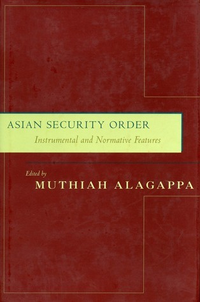 Asian Security Order: Instrumental and Normative Features
Asian Security Order: Instrumental and Normative Featuresby Muthiah Alagappa
-
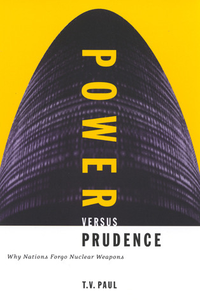
-
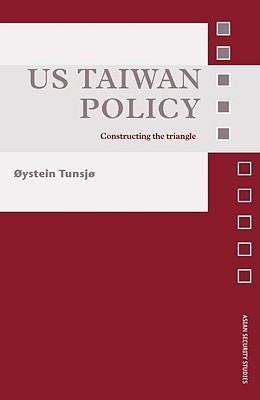 US Taiwan Policy: Constructing the Triangle
US Taiwan Policy: Constructing the Triangleby Øystein Tunsjø
-
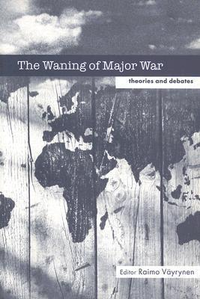 The Waning of Major War: Theories and Debates
The Waning of Major War: Theories and Debatesby Raimo Väyrynen
-
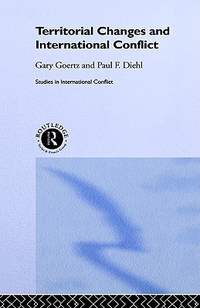 Territorial Changes and International Conflict
Territorial Changes and International Conflictby Paul Diehl
-
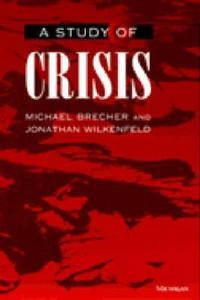 A Study of Crisis
A Study of Crisisby Michael Brecher
-
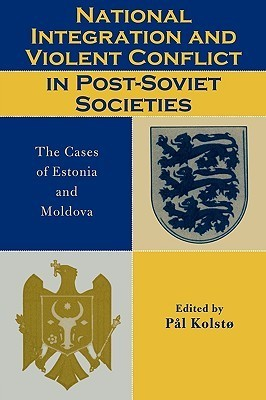
-
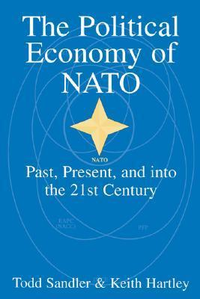
-
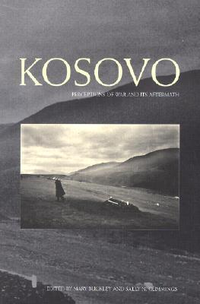 Kosovo: Perceptions of War and its Aftermath
Kosovo: Perceptions of War and its Aftermathby Mary Buckley
-
 Western Use of Coercive Diplomacy After the Cold War: A Challenge for Theory and Practice
Western Use of Coercive Diplomacy After the Cold War: A Challenge for Theory and Practiceby Peter Viggo Jakobsen
-
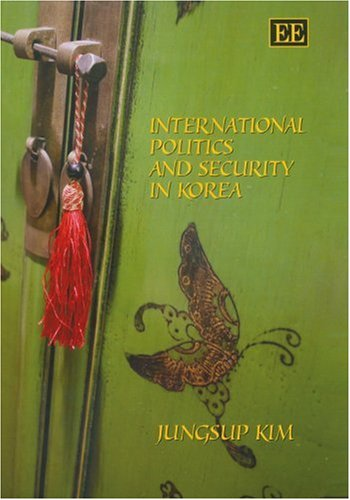 International Politics and Security in Korea
International Politics and Security in Koreaby Jungsup Kim
-
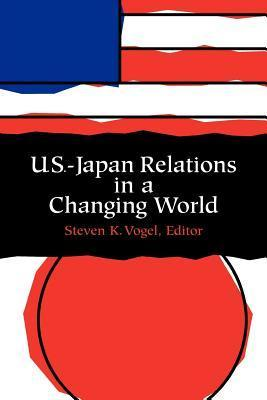 U.S.-Japan Relations in a Changing World
U.S.-Japan Relations in a Changing Worldby Steven Kent Vogel
-
 Territorial changes and international conflict
Territorial changes and international conflictby Gary Goertz
-
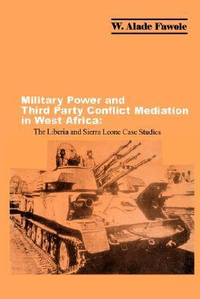
-
 The North And South Korean Political Systems: A Comparative Analysis
The North And South Korean Political Systems: A Comparative Analysisby Sung Chul Yang
-
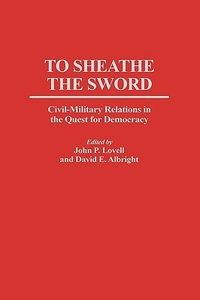
-
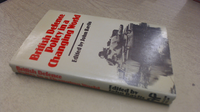 British Defence Policy in a Changing World
British Defence Policy in a Changing Worldby John Baylis